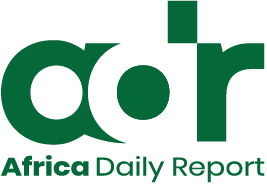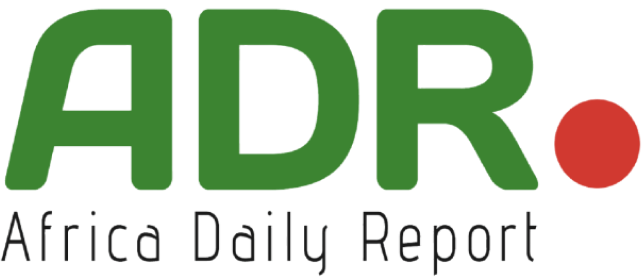Introduction: Who Will Emerge Victorious in Addis Ababa?
With only weeks left before the decisive vote for the presidency of the African Union (AU) Commission, one question dominates discussions: which candidate will convince the heads of state to succeed Moussa Faki Mahamat? Kenyan Raila Odinga, Djiboutian Mahamoud Ali Youssouf, Mauritian Anil Kumarsingh Gayan, and Malagasy Richard Randriamandrato are all vying for this critical position. However, the process is fraught with uncertainties and regional rivalries. What are the key stakes of this campaign, and what could its implications be for the AU’s future?
A Contest Without a Clear Favorite
The electoral landscape is marked by a lack of consensus around a frontrunner. Each of the four contenders reportedly commands around 15 supporters, far below the two-thirds majority required for victory. Campaign efforts have intensified, but alliances remain elusive. This fragmented environment underscores the deep divisions across African regions, fueled by national interests and power struggles.
Diplomats warn that a collective failure to secure a winner could delay the election by a year, a scenario feared by Kenyans who could lose their turn under the regional rotation principle. This looming risk has spurred Kenyan President William Ruto to ramp up lobbying efforts, while his Mauritian and Malagasy counterparts are equally active in positioning their respective candidates as credible alternatives.
Raila Odinga: A Controversial Candidate
At 79, Raila Odinga embodies Kenya’s hopes but also bears the burden of his age and a lackluster performance during the December Madjala Africa debate. Despite substantial financial backing—estimated at $20 million—and implicit support from some AU Commission officials, Odinga’s campaign faces mounting criticism. To detractors, his candidacy appears more like an assertion of regional dominance than a unifying vision for the continent.
Nonetheless, the Kenyan camp, led by President William Ruto, is making every effort to reverse the narrative. Ruto is leveraging relationships with influential leaders like Rwanda’s Paul Kagame and Uganda’s Yoweri Museveni to secure a solid bloc of votes for Odinga.
The Underdogs: Mauritian and Malagasy Latecomers
Anil Kumarsingh Gayan, a former Mauritian minister, and Richard Randriamandrato, a former Malagasy foreign minister, present newer but equally strategic bids. Gayan relies on his extensive diplomatic experience and a robust international network, particularly within the Indian Ocean Commission (IOC). However, his advanced age (75) and Mauritius’ relatively modest diplomatic clout pose significant hurdles.
Meanwhile, Randriamandrato’s last-minute candidacy reflects internal tensions within Madagascar. While his academic and diplomatic credentials are noteworthy, his past dismissal from office and the perception of a hastily organized campaign undermine his chances.
Djibouti: A Shot at Redemption?
Mahamoud Ali Youssouf, backed by Djiboutian President Ismaïl Omar Guelleh, is a formidable contender from East Africa. Following Djibouti’s loss to Kenya for a non-permanent UN Security Council seat in 2020, this election represents a chance for diplomatic redemption. Supported by a well-structured campaign team, Youssouf is focusing on strategic alliances with African and Arab nations to outmaneuver his Kenyan rival.
A Crucial Vote for the AU’s Future
Beyond regional rivalries, this election raises critical questions about the AU’s ability to foster effective pan-African integration and tackle global challenges such as climate change, security crises, and economic pressures. A polarized campaign risks undermining the legitimacy of the next Commission president and exacerbating continental divisions.
Conclusion: A High-Stakes Election to Watch
At a crossroads, the African Union needs a visionary leader capable of transcending rivalries and delivering an ambitious roadmap for the continent. The outcome of the February 15–16 vote will be pivotal, not only for the AU but also for the candidates themselves, as each has much to gain—or lose. The ultimate question remains: will Africa seize this opportunity to strengthen its unity, or will it succumb further to geopolitical fractures?
© 2025 – Odon Bulamba / ADR




